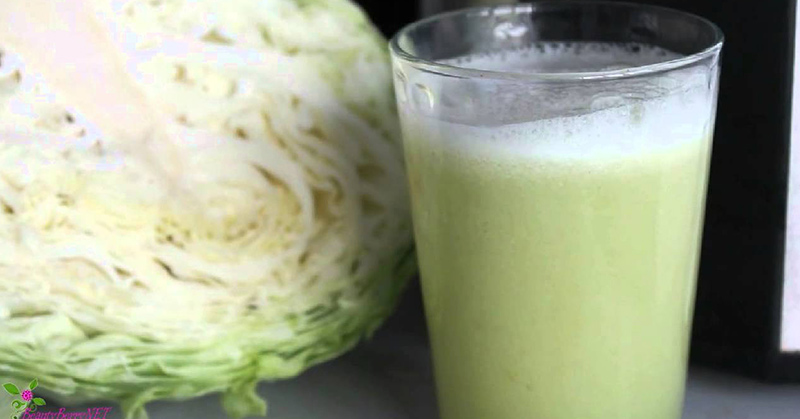Cabbage is a member of the Brassica genus of plants. The less-formal name for this group is cruciferous vegetables. Other members of this family include broccoli, cauliflower, brussels sprouts, kale, collard, mustard, radish, rutabagas, and turnips. These vegetables are well-known for their health benefits [1]. Have you ever tried cabbage juice? You can eat cabbage raw, cooked, fermented, and even juiced. Cabbage juice offers high concentrations of a number of nutrients, and drinking it is linked to a number of health benefits. Studies have shown that it can decrease inflammation, promote weight loss, improve your gut health, and balance your hormones.
Cabbage: A Nutrient-Dense Super Vegetable
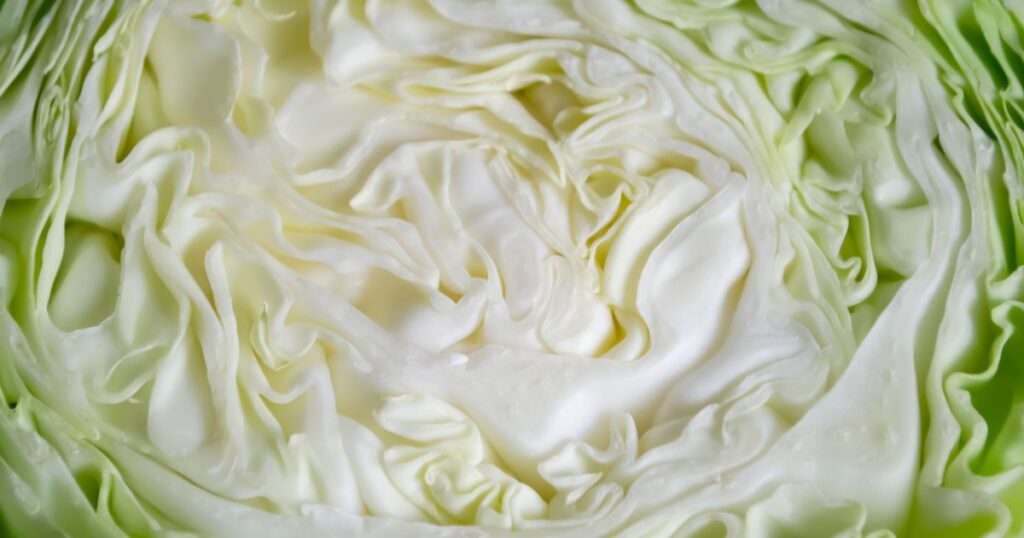
- vitamin C
- potassium
- Iron
- Calcium
- Iodine
- Sulfur
- Vitamin A
- Vitamin B1, B2, and B6
- Phosphorus
- Vitamin E
- Vitamin K
- Folate
Read More: 9 Benefits of NAC (N-Acetyl Cysteine): The ‘Do-It-All Supplement’ You’ve Never Heard Of
How Can Cabbage Juice Improve My Health?
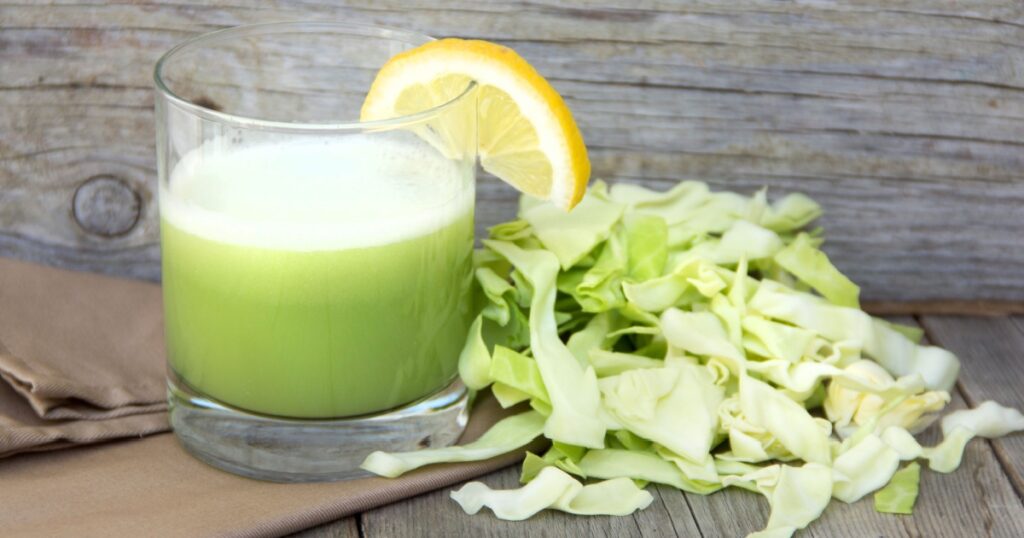
In its whole-vegetable form, cabbage is very high in fiber. It also contains powerful antioxidants such as polyphenols and sulfur compounds [3]. There is a significant amount of research to support the health benefits of cruciferous vegetables in their whole form. There has been less research, however, investigating the benefits of vegetable juice. While more human studies are needed, there has been some research that demonstrates the potential health-promoting properties of cabbage juice.
1. Cabbage Juice May Help Protect Against Cancer

Cabbages are a rich source of sulfur-containing compounds known as glucosinolates. When you chop or chew cabbage, you convert those glucosinolates into bioactive compounds such as isothiocyanates and indole-3-carbinol. These products may help prevent cancer by helping your body eliminate potential carcinogens and increasing the transcription of tumor-suppressive proteins [4]. Studies have shown that cabbage juice may help protect against certain cancers. For example in one study, women who ate five or more servings of cruciferous vegetables every week had a 33 percent lower risk of lymphoma [5]. While it certainly won’t cure or definitely prevent cancer, cabbage is an excellent vegetable to add to your diet.
2. It May Help Fight Inflammation

Cabbage contains many anti-inflammatory compounds, including sulforaphane and Kaempferol. High consumption of these compounds can lower your risk of developing chronic diseases, including cancer [6]. For example, one test-tube study showed that red cabbage juice exerted anti-inflammatory effects on spleen cells [7]. Another study showed that applying it topically to mice with contact dermatitis significantly reduced inflammation [8].
Read More: Gua Sha: Surprising Health Benefits of The Red Dragon Massage
3. Cabbage Juice is High in Antioxidants

Cabbage juice is particularly high in vitamin C, an antioxidant that supports immune health. Vitamin C is also essential for the development and maintenance of connective tissues and plays an important role in bone formation, wound healing, and the maintenance of healthy gums [9]. Red cabbage also contains large amounts of anthocyanins, which give it its red color. Consuming a diet that is high in anthocyanin-rich foods can lower your risk for many diseases, including cardiovascular disease [10].
4. It May Improve Gut Health

Traditionally, doctors have used cabbage juice to treat stomach ulcers. Older research has shown that patients who were treated with fresh cabbage juice healed in an average of 10.4 days. Patients who were treated with standard therapies healed in an average of 37 days [11]. Current human studies in this area, however, are limited. There has been some research to show that fermented cabbage juice from making sauerkraut is high in lactic acid bacteria. These are powerful probiotics that can improve the health of your gut [12].
5. Cabbage Juice May Support Your Immune System
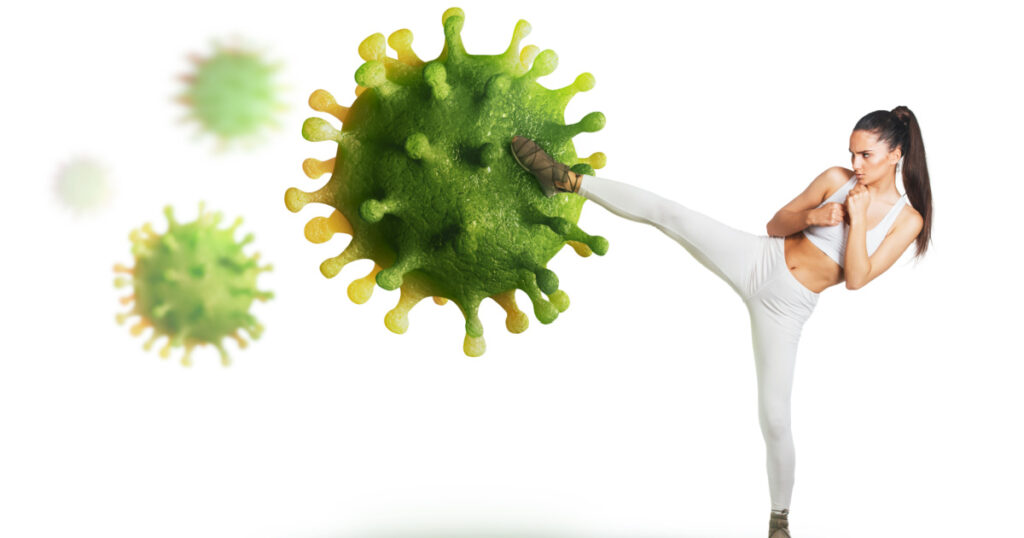
One study in mice showed that consuming cruciferous vegetables helps the immune system fight intestinal pathogens. The researchers determined that too much activity by a protein called Cyp1a1 makes you more susceptible to pathogenic bacteria like E. Coli. The mice in the study had overactive Cyp1a1. The researchers found that if they included cruciferous vegetables in the mice’s diets, they could control the activity of the protein [13].
Read More: 21 of the Best Natural Oils for Your Skin and Hair (Benefits and How to Use)
6. It May Help You Absorb Certain Nutrients
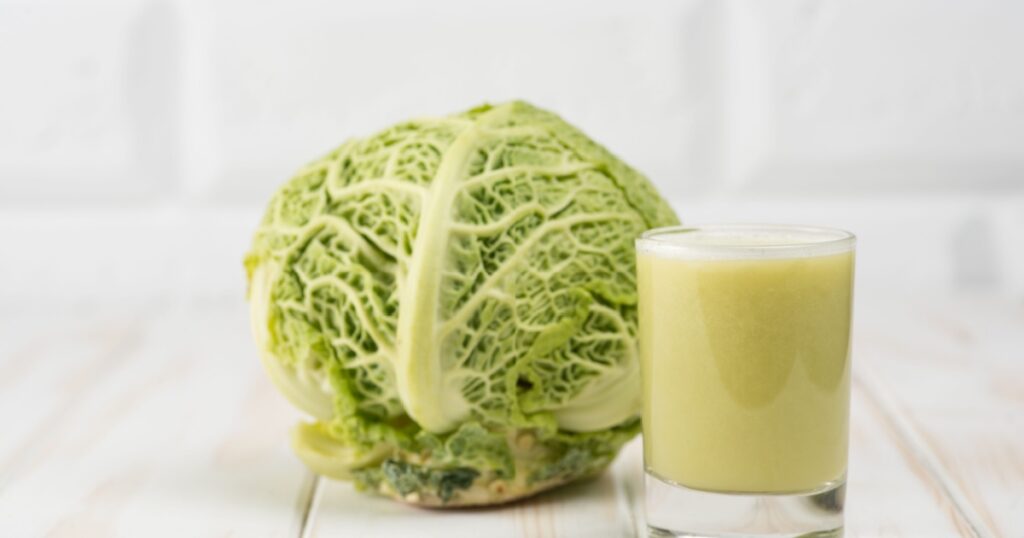
Cabbage juice contains beta carotene, which is a precursor to vitamin A. Studies have shown that your body is better at absorbing beta carotene from juice compared with eating whole vegetables [14].
7. Cabbage Juice May Improve Your Liver Health
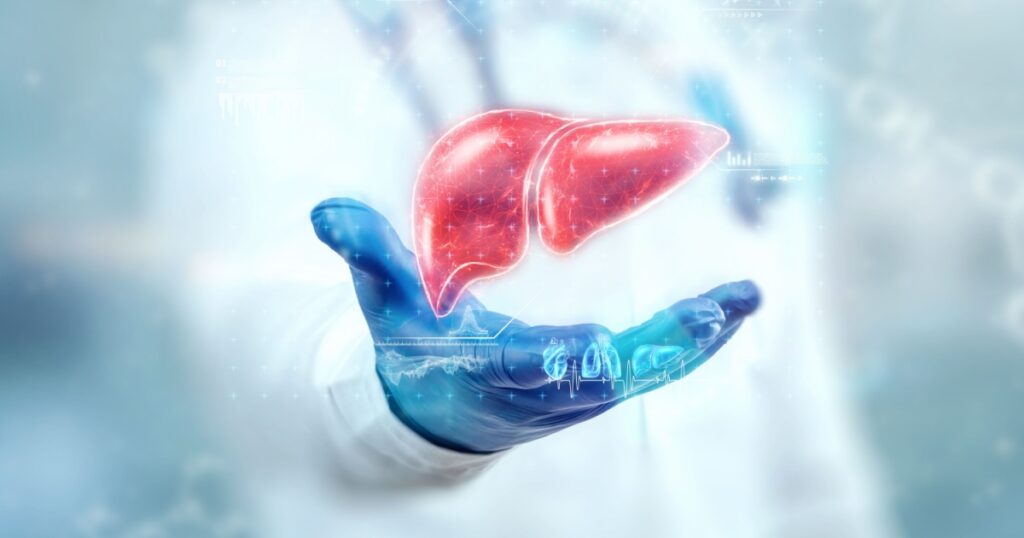
Scientists at Texas A&M recently demonstrated that eating cruciferous vegetables can control non-alcoholic fatty liver disease (NAFLD). This is because these vegetables contain indole, a natural compound found in gut bacteria. “Based on this research, we believe healthy foods with high capacity for indole production are essential for preventing NAFLD and are beneficial for improving the health of those with it,” said principal investigator Chaodong Wu, M.D., Ph.D. [15]
How to Select Cabbage

It is best to purchase smaller cabbages, as they tend to have a better flavor. You should also avoid buying pre-cut cabbage that is either halved or shredded because the moment you cut cabbage it begins to lose its nutrient contents. For storage, keep the vegetables refrigerated in a perforated plastic bag to prevent the loss of vitamin C.
How to Juice Cabbage
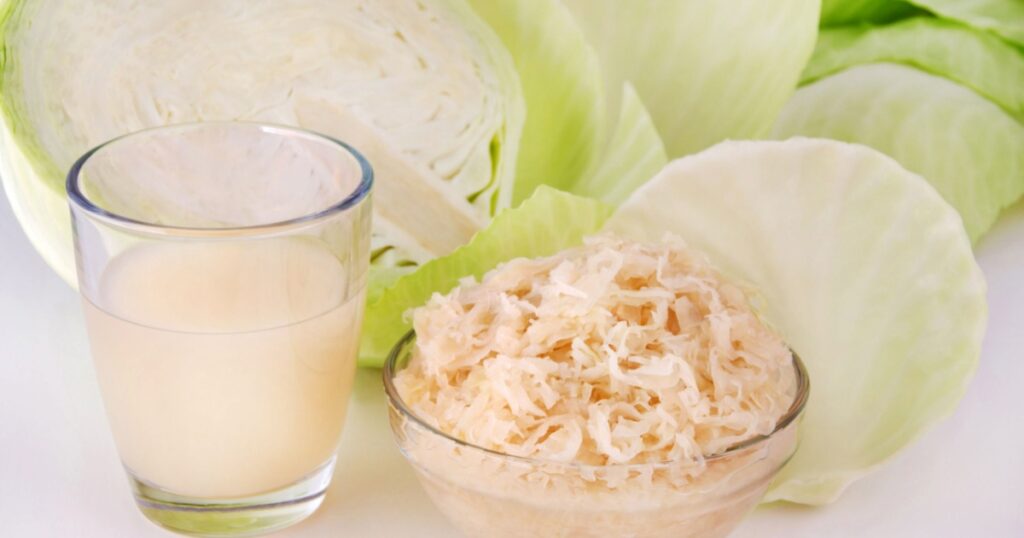
Always remember to wash organic cabbage thoroughly, (for non-organic cabbage, soak with bio-degraded wash, and rinse). Keep in mind that cabbage juice has a fairly unpleasant flavor, so you might want to combine it with other fresh produce like carrots, apples, celery, cucumbers, spinach, or lemons. Everydayhealth.com provides three cabbage juice recipes for you to try at home. You do need a juicer to make these recipes, but beyond that, you need very little equipment. For all three recipes, roughly chop up the fruits and vegetables, add them to your juicer, and press start. You can keep fresh juice in a bottle or jar in the fridge for a couple of days.
Cabbage, Carrot, and Apple Juice
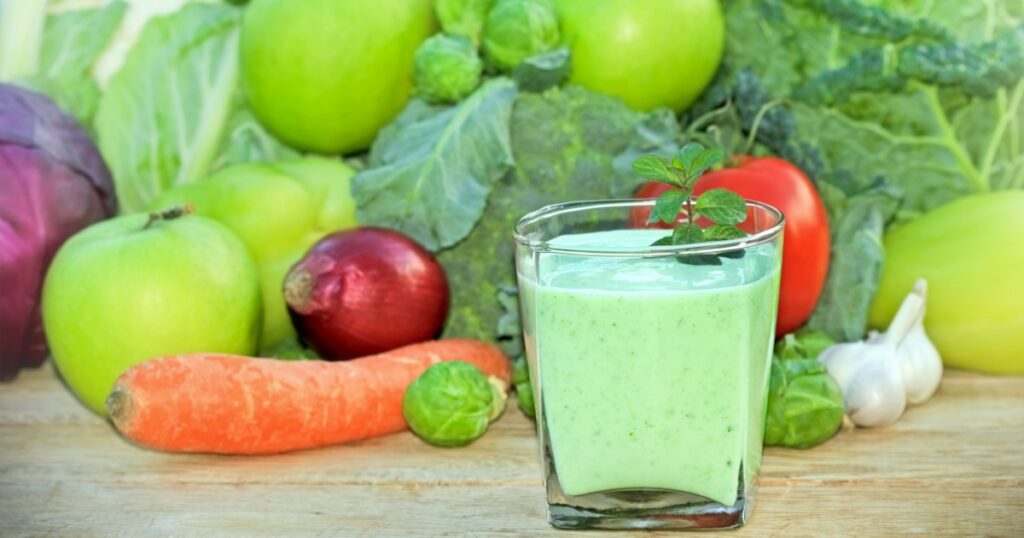
- 300 g white cabbage
- 2 medium carrots (unpeeled)
- 2 medium apples (unpeeled)
Cabbage, Cucumber, and Melon Juice

- 300 g cabbage
- 1/2 cucumber, peeled
- 1/4 honeydew melon, peeled, deseeded
- Squeeze of lemon juice
Cabbage, Beetroot, and Orange Juice
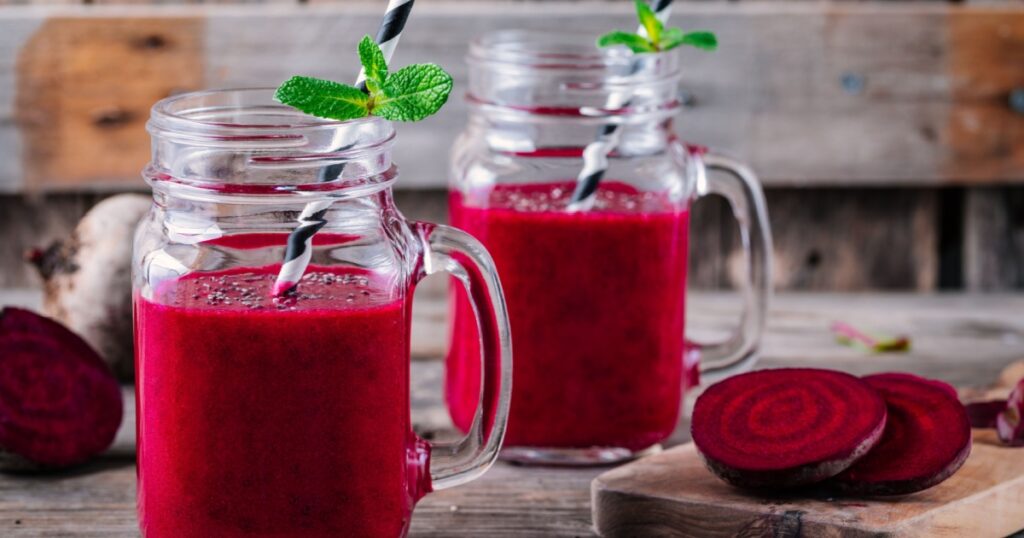
- 300 g cabbage
- 1 large beetroot, peeled
- 2 oranges, peeled
Read More: Bone Broth: Nutrition, Health Benefits, And How To Make It
Sources
- “Effect of polyphenols extracts from Brassica vegetables on erythrocyte membranes (in vitro study).” Science Direct. Piotr Duchnowicz, et al. November 2012.
- WH Foods
- “Cabbage (Brassica oleracea L. var. capitata) Phytochemicals with Antioxidant and Anti-inflammatory Potential.” WAOCP. Sami Rokayya, et al.
- “Cruciferous Vegetables and Human Cancer Risk: Epidemiologic Evidence and Mechanistic Basis.” NCBI. Jane V. Higdon, et al. January 2007.
- “Intakes of fruits, vegetables, and related nutrients and the risk of non-Hodgkin’s lymphoma among women.” Pubmed. S M Zhang, et al. May 2000.
- “Brassica-Derived Plant Bioactives as Modulators of Chemopreventive and Inflammatory Signaling Pathways.” NCBI
- “Characterisation of the pigment components in red cabbage (Brassica oleracea L. var.) juice and their anti-inflammatory effects on LPS-stimulated murine splenocytes.” Pubmed. Jin-Yuarn Lin, et al. 2008.
- “Anti-inflammatory Effects of Brassica oleracea Var. capitata L. (Cabbage) Methanol Extract in Mice with Contact Dermatitis.” NCBI. Youjung Lee, et al. April- June 2018.
- “Vitamin C in Disease Prevention and Cure: An Overview.” NCBI. Shailja Chambial, et al. October 2013.
- “Dietary intake of anthocyanins and risk of cardiovascular disease: A systematic review and meta-analysis of prospective cohort studies.” Pubmed. Rachel Kimble , et al. October 2018.
- “RAPID HEALING OF PEPTIC ULCERS IN PATIENTS RECEIVING FRESH CABBAGE JUICE.” NCBI. Garnett Cheney. January 1949.
- “Putative probiotic lactic acid bacteria isolated from sauerkraut fermentations.” NCBI. Tiago Touret, et al. September 2018.
- “Cruciferous vegetables help the immune system to fight intestinal pathogens.” Medical Xpress. The Francis Crick Institute. February 2, 2017.
- “ASSOCIATIONS OF SOLUBLE FIBER, WHOLE FRUITS/VEGETABLES, AND JUICE WITH PLASMA BETA-CAROTENE CONCENTRATIONS IN A FREE-LIVING POPULATION OF BREAST CANCER SURVIVORS.” NCBI. Julia K. Kolodziejczyk, M.S., et al. November 1, 2013.
